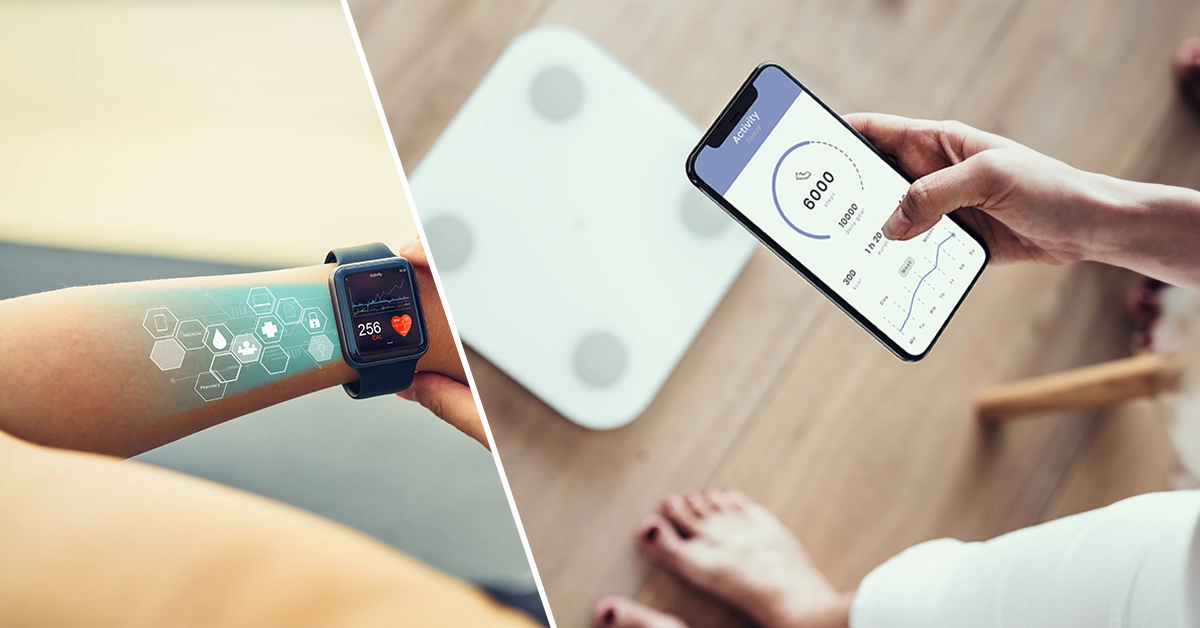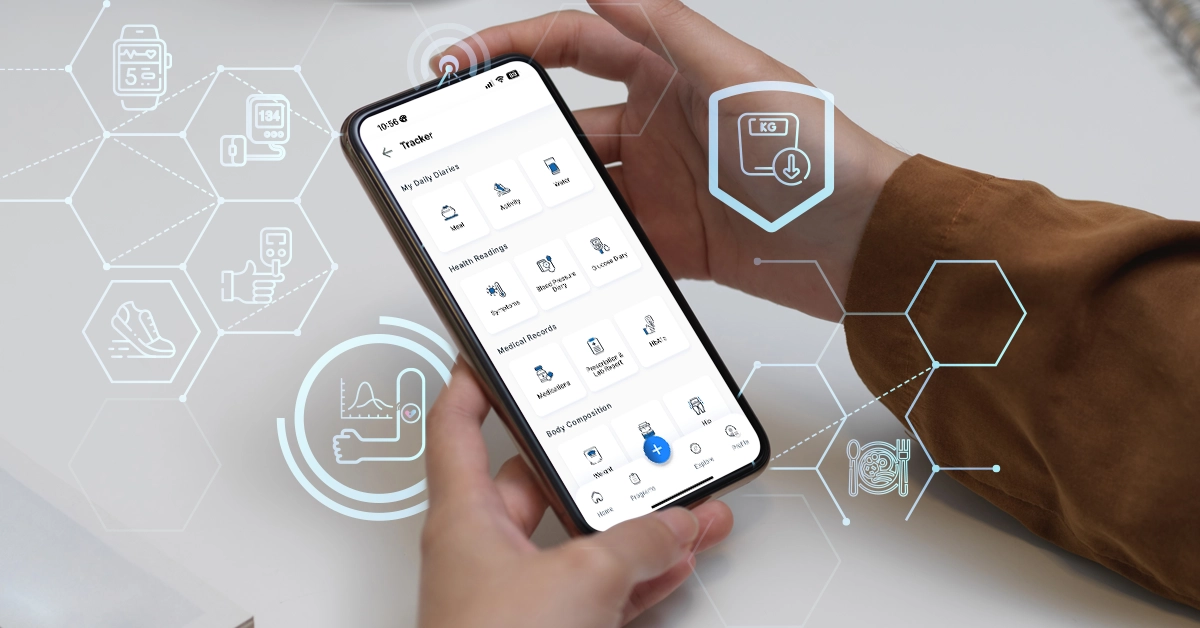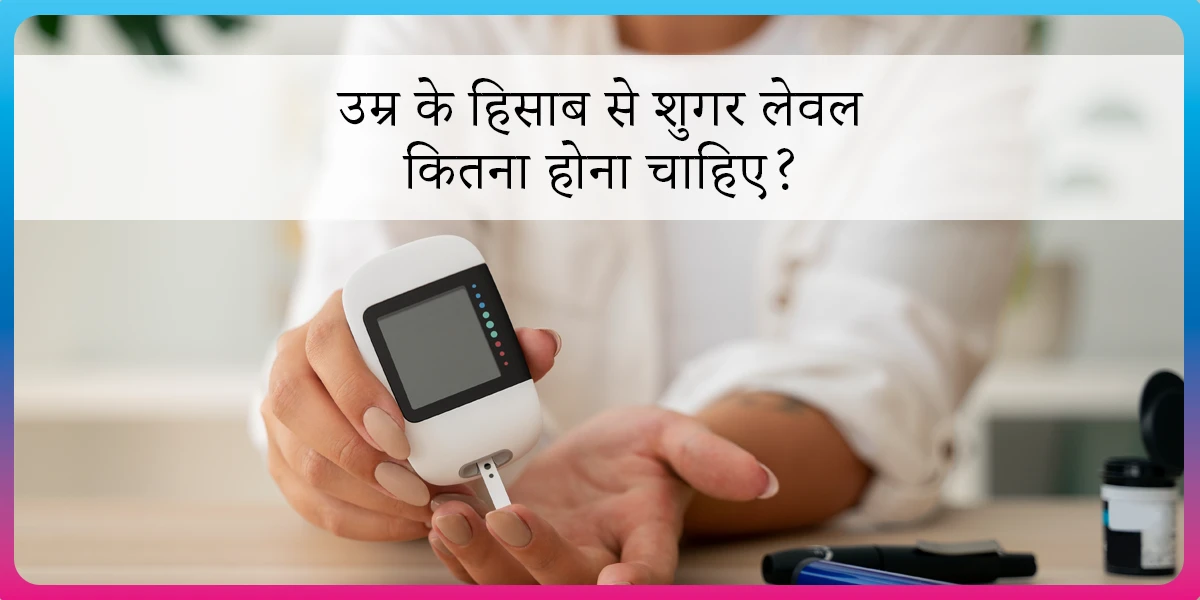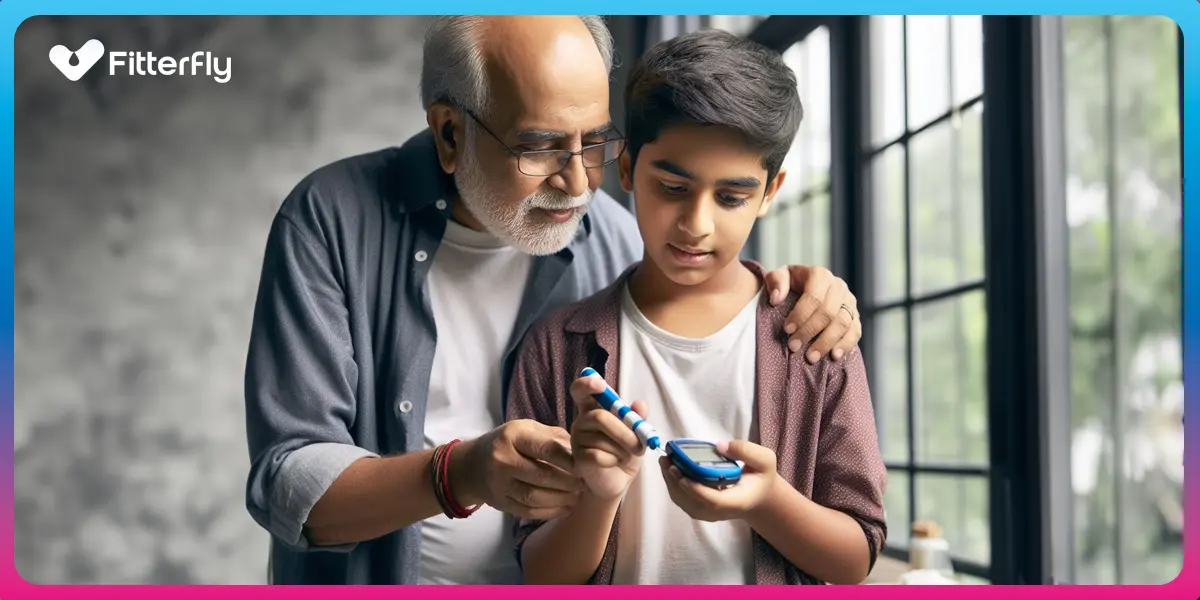Decoding Diabetes Care and Weight Management: Understanding the Relationship

Weight management is crucial in diabetes care due to its direct impact on insulin sensitivity and overall health. Excess body weight, especially visceral fat, contributes to insulin resistance, making it harder for cells to utilise glucose effectively. This can lead to elevated blood sugar levels and an increased risk of developing type 2 diabetes mellitus (T2DM).
Impact of Weight Management in Diabetes Care
Diabetes care and weight management are closely interconnected. Even a 5% reduction in body weight can significantly improve pancreatic β-cell function along with insulin’s sensitivity to liver and skeletal muscle. Weight losses of 16–32% by metabolic surgeries like Roux-en-Y gastric bypass and vertical-sleeve gastrectomy may lead to type 2 diabetes remission.
For individuals already diagnosed with diabetes, maintaining a healthy weight is essential for managing T2DM and preventing complications. Doctors often prescribe glucagon-like peptide-1 receptor agonists (GLP-1 RAs) to manage glycaemic control, weight loss, and cardiovascular risk reduction.
Gadgets Usage in Weight Management
By combining healthy eating, regular physical activity, and lifestyle modifications, T2DM patients can attain and sustain a healthy weight. Technology plays a positive role in monitoring body weight. Advanced smart gadgets help monitor physical activity levels, track workouts, and estimate calorie expenditure. Here are some cutting-edge smart devices for weight management:
-
Smart Scale
Smart scales sync with smartphone apps using technology like Bluetooth or Wi-Fi, allowing users to track and analyse their weight trends over time. In addition to basic body weight measurement, these gadgets can calculate body fat percentage, muscle mass, bone density, and even water weight.
Comprehensive weight measurement data offers a clearer picture of overall health and fitness progress. Fitbit Aria 2 Wi-Fi Smart Scale, Withings Body Smart Wi-Fi Bathroom Scale, and Renpho Smart Wi-Fi Bluetooth Body Fat Scale-Premium are some popular smart scales of 2024.
-
Fitness Trackers
Fitness trackers are usually worn on the wrist and offer real-time data and insights to support weight management goals. They track users’ activity levels round-the-clock, providing a clearer understanding of energy expenditure. It is also possible to set daily activity goals based on calorie burn or steps taken through fitness trackers, encouraging consistent movement and exercise.
Users often sync fitness trackers with smartphone apps or computer programs, enabling users to log food intake and monitor their overall calorie balance. By combining activity data with nutritional information, individuals can make informed decisions to achieve weight loss or maintenance. Apple Watch Series 8, 2. Garmin Fenix 7, Xiaomi Mi Smart Band 7, and Fitbit Charge 5 are some top-reviewed fitness trackers of 2024.
-
Food and Nutrition Apps
Food and nutrition apps for weight management come with advanced features like food logs, databases of numerous recipes with nutritional information, and AI-driven chatbots that resolve patients’ food-related queries.
Statista’s latest statistics forecast that the nutrition apps’ projected revenue is expected to reach US$5.40bn in 2024. This year, India will likely achieve the highest revenue in the Nutrition Apps market globally, projected at US$1,581.00m.

Fig 1: Fitterfly app for weight loss and diabetes with integrated smart gadgets
Fitterfly also hosts a clinically validated smartphone app for weight loss and diabetes management. More than 1 lakh individuals have downloaded and endorsed the app with 4.3 ratings on Google Play Store. It has multiple exciting features, including a wellness tracker, recipe corner, exercise videos, and interactions with an AI-driven chatbot. Members can even pair the Fitterfly app with other gadgets and apps like:
- Abbott FreeStyle Libre Sensor
- Accu-Chek Instant Glucometer
- Omron BP Monitor
- Google Fit
- Fitbit
Online communities & virtual Support Facilitating Treatment
Online communities and virtual support networks offer encouragement, accountability, and shared experiences, fostering long-term behavior change and sustained weight management. Additionally, artificial intelligence and machine learning advancements deliver personalised exercise regimes and insights for weight management by analysing individual health data.
Physician’s Role in Encouraging Weight Loss for Diabetes Care
Physicians are pivotal in encouraging weight loss for diabetes care, serving as key advocates and guides in their patients’ health journeys. Their involvement goes beyond prescribing medications, as they recommend customised weight loss recommendations to fit each patient’s specific needs. By engaging with patients actively, physicians empower them to take charge of their health through effective weight management, ultimately improving the overall quality of life and reducing long-term diabetes risks.
This blog provides general information for educational and informational purposes only and shouldn't be seen as professional advice.
Want to know how can Fitterfly enhance your practice and improve patient outcomes?














